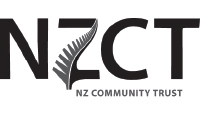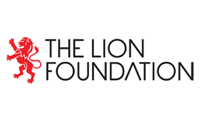The Leadership Development System (LDS) is an interconnected network of leadership development opportunities that, collectively will result in an increased leadership capability and a culture of leadership development.
The purpose of the Leadership Development System is:
- to support the process of on-going individual and organisational growth within our region
- to promote a culture of leadership development within our entire workforce
- to grow the leadership capability needed to deliver on the current and future sport and recreation needs
The underpinning philosophy of the LDS is that:
- Leadership is everyone's responsibility and is not necessarily tied to a title or specific role. Therefore everyone who works and volunteers in sport and recreation needs to bring leadership to how they perform their role.
- Leaders develop other leaders, in both formal and informal settings.
- Leadership development is an ongoing process. Leadership programmes must be supported by other systems, structures and processes to embed learning and sustain development.
The case for increasing the Sector’s leadership capability is made strongly by the 2012 BERL study into the paid workforce sport, recreation and fitness industry. In the Sport and Recreation sector workforce to 2026 report, published in March 2013, BERL identifies the need for improved cohesion and leadership in our Sector to meet the broad and potentially overwhelming workforce challenges it faces, and to deliver on the sport and recreation needs of New Zealand’s changing and growing population. This system is the Wellington Region’s response to the BERL report, however, it is easily transferable to other regions around New Zealand.
The Leadership Development System Elements
The LDS is a system of interconnected leadership development opportunities that align, intertwine and overlap for the individuals and teams they seek to develop. Development is a process that occurs in a range of settings. Research tells us approximately 10% of leadership development happens in formal settings, 20% by learning from others (e.g. coaching and mentoring) and 70% on-the-job and having challenging workplace experiences.









